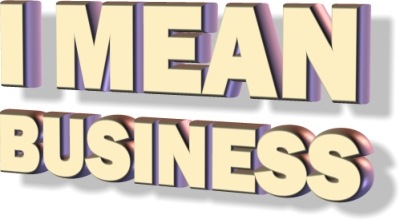What is a "top producer"? How is it defined? Why would anyone care?
Some would say if you are in the top 10% you qualify. I set the bar higher because the bottom 90% is doing so poorly. To be in the top 1% – of all agents in the United States – you would need to sell about 40- 50 houses a year. The first year I qualified I sold 38 houses. At 40 – 50 sales in a year you would probably always be in the top 1% in your area and in the country.
Why does it matter? Why have you seen me mention so many times, "what top agents do"? It certainly isn’t to suggest that someone doing less or something different is in any way "wrong". There are many many ways to approach this business and anything that is working can be defined as "good". To me it has to do with systems (successful methods). There are some top agents that have very poor systems and handle their business by taking each particular situation, each escrow and just "glowing it right". Through sheer intention and desire, making it close. Forcing the deal together. These agents do not have a stable business but have a temporary perch they will soon fall from. When I think of "top agents", for me, it is really shorthand for "has workable systems". Most importantly, top agents who are stable top agents spend very little energy "glowing things right" with regard to procuring new business. Without exception, they have exact and specific methods they apply again and again and again – and get the same predictable results each time. They have a system for getting business. They do not depend on: lucky breaks, caught a good one, happened to meet a guy who is ready to buy, didn’t expect it to happen but it did sell and close. As I personally spent the first twelve years of my real estate career depending exclusively on lucky breaks, happening to catch a good one, etc. – I am very familiar with how that works, as well.
During my first twelve years in real estate all of my deals – each and every one – came about as sort of a fluke. If I had arrived just 15 minutes later, I might have missed it. If I hadn’t driven down that street I wouldn’t have seen the guy in his front yard by a FSBO sign and wouldn’t have stopped to talk to him. I discovered that I could get business from almost any activity. Just about anything could produce a deal or two. But while striking up a conversation with the guy behind me – while playing goofy golf, or chatting with someone in line at the drugstore or a movie theater could produce business, it wasn’t a very predictable method. It is this point alone – a predictable method of producing new customers – that separates the top agents from the pack. This is what makes the difference between having a business and having a job. It was in 1990 I started to really make that transition from hoping for a deal to the continuous creation of deals (developing workable systems).
So when I hear someone say, "I got a deal from twittering", "I met the client at a Kiwanis meeting", "I knew them from church", "We golf together", "The neighbor really liked my custom yard sign", etc., to me that sale is in the category of a fluke. I mean no disrespect. That is not to say it didn’t happen or will never happen again but that it is not a controllable event. I can’t go to enough Kiwanis meetings to get all of the business I want. I can’t happen by enough golfers to support myself. During those lean years I did have "miracle escrows" that truly seemed like a gift from heaven at the time. And I was grateful too. But I was also determined to eventually get to the miracles as usual level. That required workable systems.

